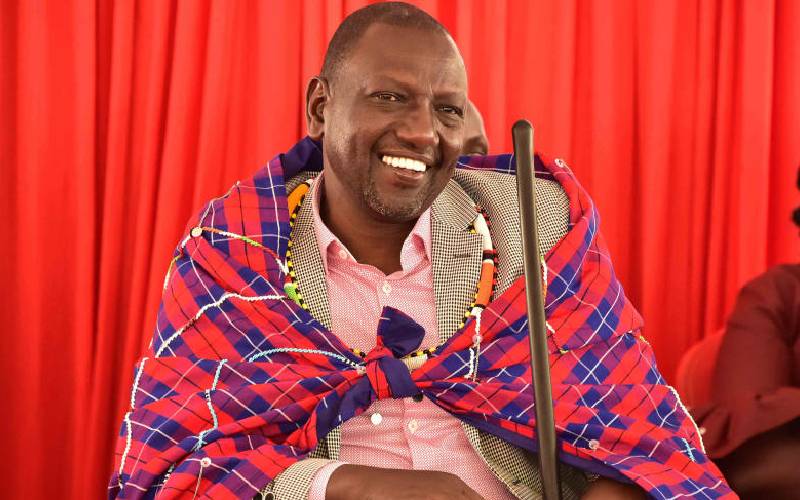
According to Moody’s survey of 2014, Kenya comprised 400,000 middle class families, making 4 per cent of the population. The same survey put low income families at 92 per cent of the population. Going by other data that is obtained, today little has changed, if anything, life is appreciably harder under this second term of President Uhuru Kenyatta’s administration. For instance, mortgages are now less than the paltry 24,000 that they were for a population of 45 million. Banks are forever foreclosing on properties of those in debt distress. Jobs have fallen away with many manufacturers closing shop or relocating to more favourable business environments.
Against this backdrop, fractious political confrontations, especially volatile internecine conflict within the ruling Jubilee Party have made for a situation of utter hopelessness. Which may explain why the hustler narrative propagated by Deputy President William Ruto has gathered traction.